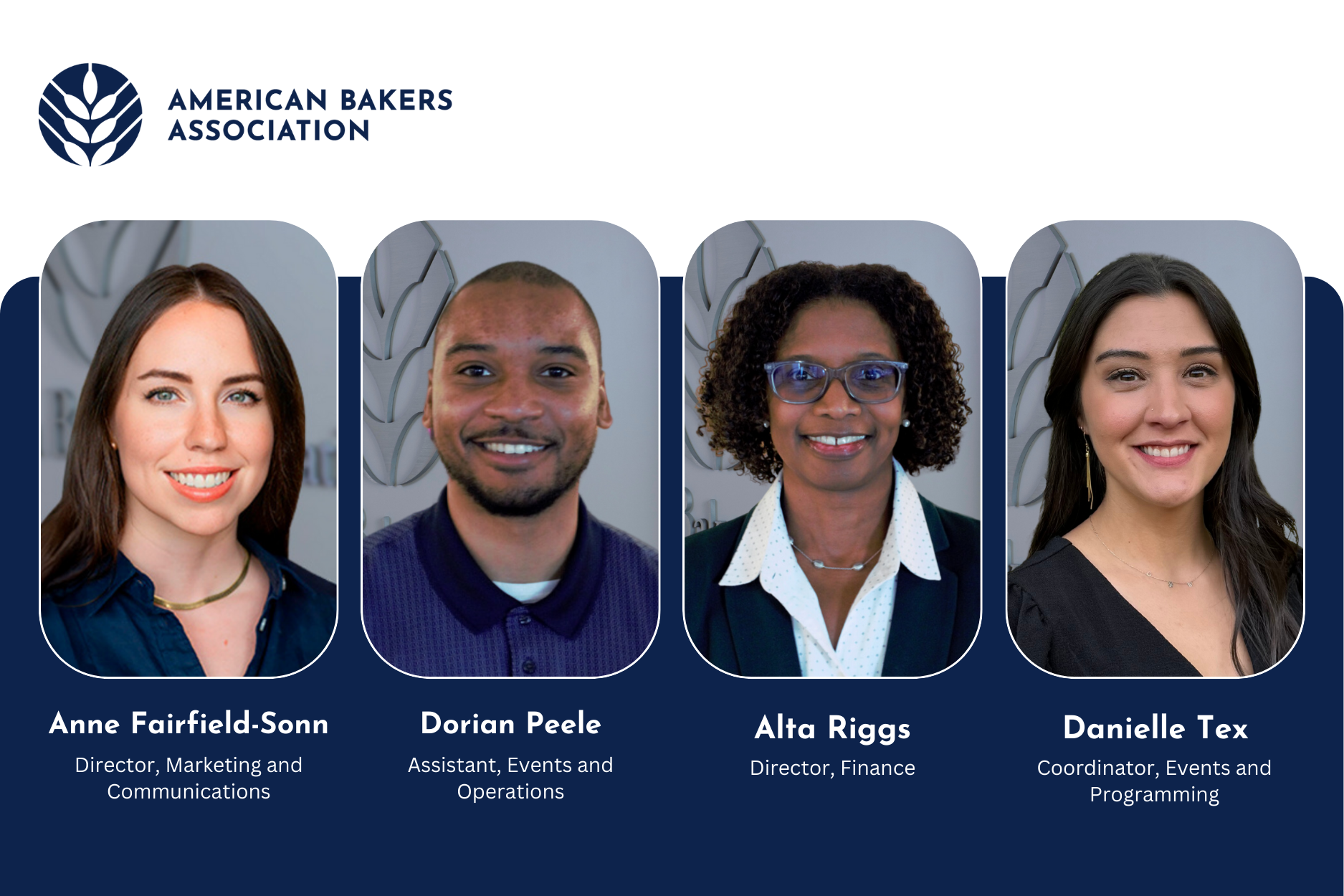Baking industry companies face major labor shortages and hurdles with recruitment — in roles ranging from production to drivers. However, the industry has an opportunity to make significant progress by focusing on key action steps.
The hurdles and opportunities were spotlighted in a recently launched study called 2021 Workforce Gap in U.S. Commercial Baking: Recruitment Trends & Best Practices. The research was unveiled by American Bakers Association (ABA) and American Society of Baking (ASB).
Here are five key areas in which the industry can make progress in 2022, along with information on how some industry companies are already leveraging these steps for success.
1-Celebrate Employees and Cultures
Baking companies have a lot of positive news to showcase about their associates and cultures, and there are many ways to share this with external audiences, including potential job candidates. A case in point is Bimbo Bakeries USA’s #BBUPROUD communications campaign, which includes social media posts and videos. The company’s creative online video series includes episodes that spotlight employees at work and outline how associates stepped up to feed America during the pandemic.
“We want to share all these terrific stories both inside and outside the company,” said Lori Thompson Vickery, Director of Recruiting at Bimbo Bakeries USA.
Bimbo is a featured employer on ABA’s Baking Works jobs and careers site.
In another unique effort at celebrating employees, Bundy’s website showcases how its diverse group of employees around the globe celebrated the holidays.
2-Target Diverse Talent
Baking companies have an opportunity to recruit more diverse talent — including women candidates — to baking careers. Companies can help drive these efforts through programs that support women.
At Dawn Foods, CEO Carrie Jones-Barber is a big believer in mentoring and has helped launch a women’s leadership development program at the company.
Moreover, the company is prioritizing diversity, equity and inclusion, said Jones Barber during a 2021 ABA podcast.
Felisa Stockwell, the company’s Senior Director, Global People & Culture and Corporate Functions, is a member of ABA’s NextGenBaker DEI Working Group.
3-Look to the Military
Military veterans bring a lot of potential as job candidates for the baking industry, and companies have been increasingly tapping into this opportunity. The 2021 workforce report found that 89% of respondents are placing some or considerable focus on the military sector, a jump of 10% since the research was last conducted in 2016.
Meanwhile, another ABA research piece, The Baking Industry’s Frontline Workforce Landscape report, conducted in 2020, noted that “veterans are more likely to work production, transportation, and maintenance jobs.”
ABA’s Baking Works career site notes a partnership with USO Pathfinder® Transition to help connect transitioning service members and military spouses with baking industry careers.
4-Eye Second Chance Workers
Second chance employment — which focuses on individuals with criminal records — is a strategy for baking companies to consider. The number of baking companies with some or considerable focus on recruiting second chance workers has increased from 38% in 2016 to 78% in 2021, according to the 2021 workforce report.
Among the biggest advocates for this strategy are Dave’s Killer Bread and the Dave’s Killer Bread Foundation. “At Dave’s Killer Bread, we believe in Second Chance Employment: hiring the best person for the job, regardless of criminal history,” the company said.
5-Prioritize Employee Development
Professional growth opportunities are important to baking industry employees and candidates. Career paths that provide a well-defined process for advancing within companies have positive impacts on retention, according to the 2020 ABA landscape report. It found that more than 42% of companies had defined career paths for frontline workers, up from about one-third in 2016.
A recent ABA careers information webinar outlined how a wide variety of strategies — from mentorships to leadership development efforts — are baked into the approaches of major industry companies.
The recruitment strategies outlined in this piece aren’t all-inclusive. There are plenty of other initiatives that can work for individual companies. The point is that success requires action. Try new things. Be adaptable. Fail fast and move on.




